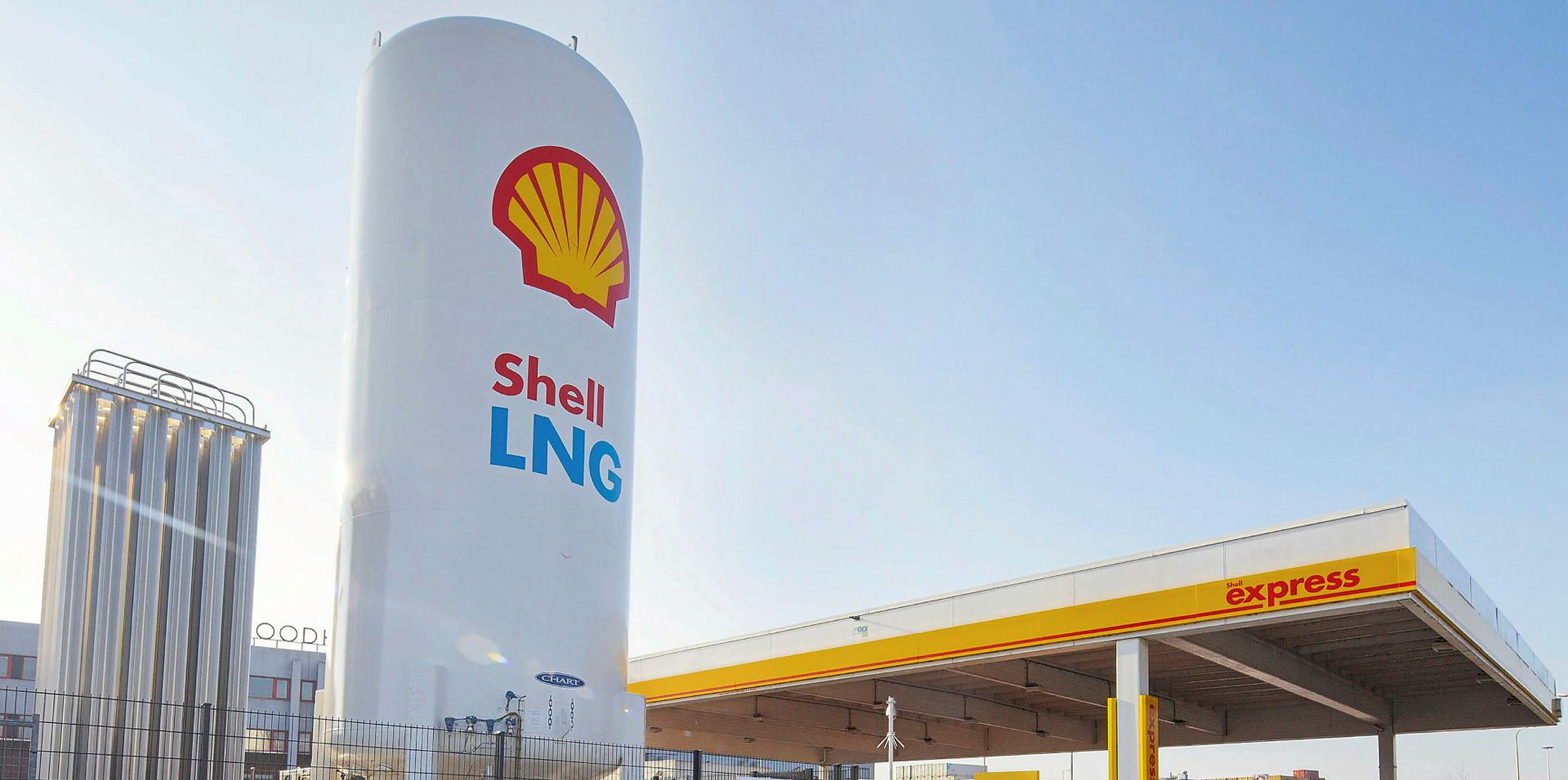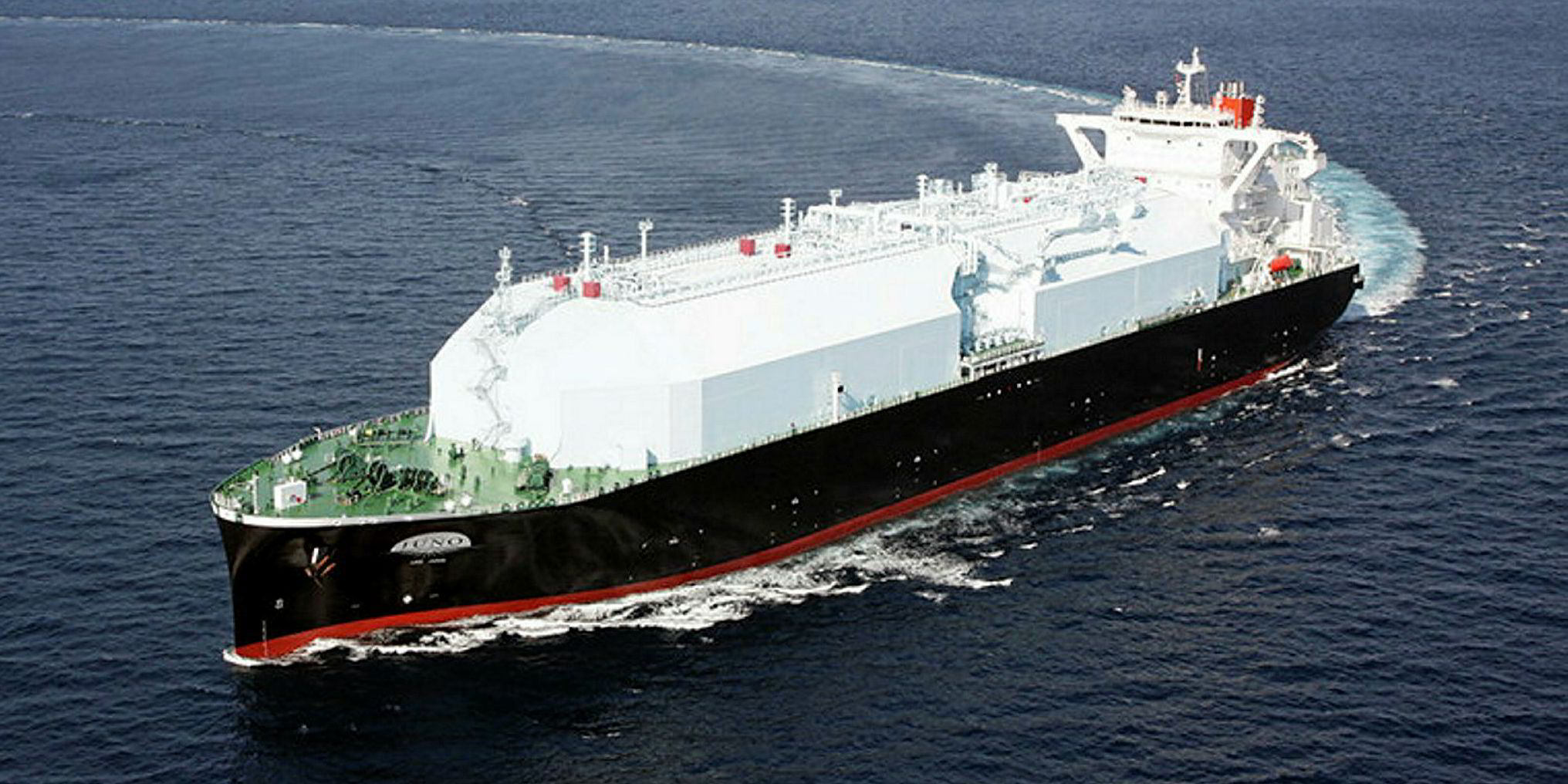Japan — until recently the world’s top LNG importer— has set a more aggressive target to reduce the fuel’s share of its energy mix over the next decade.
In a draft energy plan unveiled on Wednesday, the Ministry of Economy, Trade & Industry (METI) reportedly said LNG's share in the mix will fall to 20% in the fiscal year ending March 2031, compared with its previous aim of 27%.
LNG accounted for 37% of the country's power mix in the year ending 31 March 2020, Platts reported.
Tokyo has set targets to cut coal’s energy mix share from 32% to 19% in the same period, and oil’s share from 7% to 2%. The role of renewable energy will be boosted from 18% to between 36% and 38%.
“This is a result of ambitious assumptions to resolve various issues in the supply and demand sides from exhaustively pursuing energy conservation and expanding non-fossil fuel energy,” METI director of energy strategy office Mitsuhiro Nishida told a press briefing.
The policy shift could signal a reduced role in LNG shipping for Japan, the first country to embark on industrial maritime transport of the fuel. It only ceded the crown of world’s largest seaborne LNG buyer to China in recent months.
The country’s LNG imports had been expected to remain largely static in the long run. Brokerage Poten & Partners had forecast Japan’s consumption to grow to 80m tonnes in 2031, from 77.8m tonnes in 2019.
The METI wants to reduce LNG consumption to meet its targets to cut greenhouse gas (GHG) emissions by 46% before the end of this decade and become carbon neutral by 2050.
Energy researchers believe natural gas will play a complex role in energy transition as its GHG emissions are lower than renewable energy but higher than oil and gas.
The International Energy Agency has suggested that more policies should be introduced to promote the switch from gas to renewables in developed countries, where much of the potential for switching from coal or oil to gas has been realised.
“The role played by natural gas in energy transitions is complex, with multiple and diverging contributions,” the agency said in a quarterly gas market report.
“[Gas is] an enabler for reducing emissions when used as a substitute for oil or coal, but also a major source of emissions that needs to be reduced [in mature markets].”






